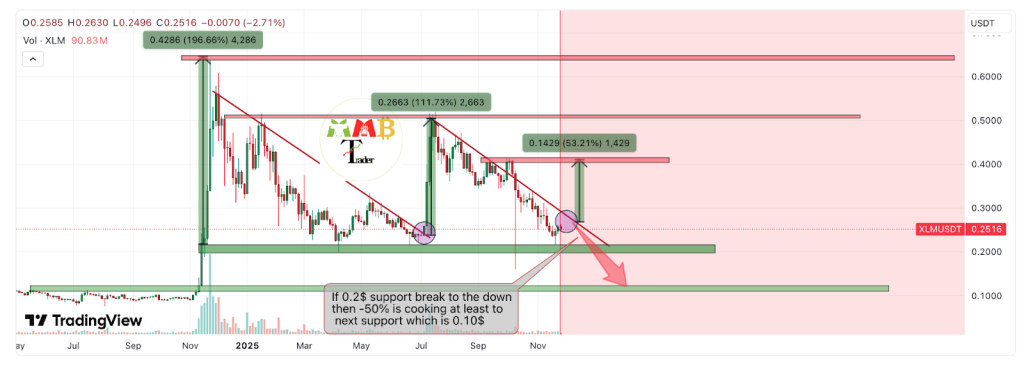The Eliza Labs vs. X Corp Lawsuit: A Tipping Point for AI Startup Ecosystems?
- Eliza Labs sues X Corp for antitrust violations, alleging monopolistic tactics to suppress AI startup competition via licensing fees and deplatforming. - Case hinges on Sherman Act Section 2, with implications for platform accountability in AI ecosystems dominated by data and infrastructure gatekeepers. - Market trends show Big Tech securing AI innovation through non-control investments (e.g., Meta/Scale AI), raising antitrust scrutiny over circumvention strategies. - Investors face recalibration risks a
The Eliza Labs vs. X Corp lawsuit has ignited a critical debate about the future of AI innovation and the structural vulnerabilities of startups in an era dominated by platform power. At its core, the case alleges that X Corp, owned by Elon Musk, leveraged its monopoly in social media to extract technical insights from Eliza Labs, impose exorbitant licensing fees, and then launch competing AI features like 3D avatars and voice integration under its xAI brand [2]. This is not merely a legal dispute; it is a bellwether for the broader tensions between antitrust enforcement, market concentration, and the survival of open-source innovation in AI ecosystems.
Legal and Market Implications
The lawsuit hinges on Section 2 of the Sherman Act, which prohibits monopolistic practices that suppress competition. Eliza Labs claims X Corp’s actions—ranging from demanding a $600,000 annual enterprise license to deplatforming the startup—constitute anticompetitive behavior designed to eliminate a rival [4]. If successful, the case could set a precedent for holding platforms accountable for exclusionary tactics in AI, a sector where data and infrastructure access are often gatekept by a handful of dominant players. However, legal experts caution that proving antitrust violations in cases involving social media platforms is notoriously difficult, particularly for open-source startups whose intellectual property (IP) is inherently less defensible [3].
The market implications are equally profound. The AI sector is witnessing a surge in strategic partnerships and non-control investments as tech incumbents seek to avoid regulatory scrutiny. For instance, Meta’s $14.8 billion non-voting stake in Scale AI and Google’s licensing deal with Windsurf reflect a shift away from full acquisitions, which could trigger merger control thresholds [1]. These structures allow Big Tech to secure access to cutting-edge AI technologies while sidestepping antitrust red flags. Yet, regulators like the FTC and DOJ are scrutinizing such deals for potential anticompetitive effects, particularly if they are designed to circumvent traditional merger regulations [5].
A Tipping Point for Investment Strategies
For investors, the Eliza Labs case underscores the need to recalibrate strategies in a landscape where platform dominance and regulatory uncertainty intersect. Startups must now navigate not only technical and financial risks but also the threat of being marginalized by larger players with the resources to replicate their innovations. The lawsuit highlights a critical question: Can AI startups thrive in ecosystems where access to distribution channels and data is controlled by monopolists?
The answer may lie in diversifying partnerships and prioritizing transparency. Startups should document their innovation processes rigorously to defend against IP claims and seek collaborations that avoid over-reliance on single platforms [3]. Investors, meanwhile, must weigh the potential of AI breakthroughs against the growing regulatory and competitive risks. The recent DOJ investigations into Nvidia’s AI chip market and Google’s search dominance suggest that antitrust enforcement will remain a wildcard, shaping both market dynamics and investment returns [4].
The Road Ahead
The Eliza Labs lawsuit is emblematic of a larger struggle: the tension between innovation and consolidation in AI. If antitrust enforcement fails to adapt to the unique challenges of AI ecosystems—such as algorithmic collusion, data monopolies, and the role of open-source tools—the sector risks becoming a closed club for a few dominant players. Conversely, robust regulatory frameworks could foster a more equitable environment for startups, ensuring that competition is not stifled by exclusionary practices.
For now, the case serves as a cautionary tale. As X Corp and other tech giants continue to expand their influence, the legal and investment communities must grapple with a fundamental question: Will antitrust laws evolve fast enough to protect the next generation of AI innovators?
Source:
[1] AI Partnerships and Competition: Damned if You Buy
[2] Eliza Labs files an antitrust lawsuit against Elon Musk's X Corp
[3] The Legal and Competitive Risks Facing AI Startups
[4] Antitrust and Competition Technology Year in Review 2024
[5] M&A in the AI Era: Key Antitrust and National Security
Disclaimer: The content of this article solely reflects the author's opinion and does not represent the platform in any capacity. This article is not intended to serve as a reference for making investment decisions.
You may also like
Do Kwon Wants Lighter Sentence After Admitting Guilt

Bitwise Expert Sees Best Risk-Reward Since COVID

Stellar (XLM) Price Prediction: Can Bulls Push Toward $0.30 in December?

21Shares XRP ETF Set to Launch on 1 December as ETF Demand Surges